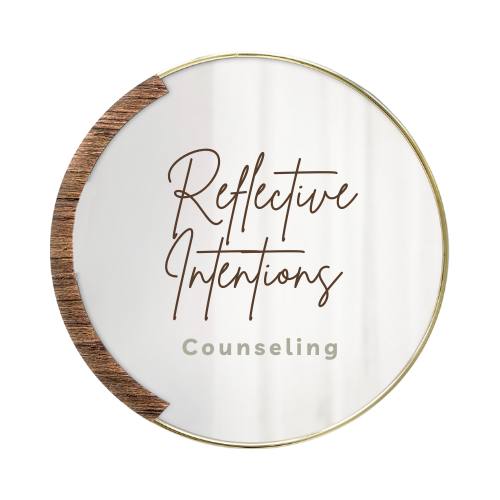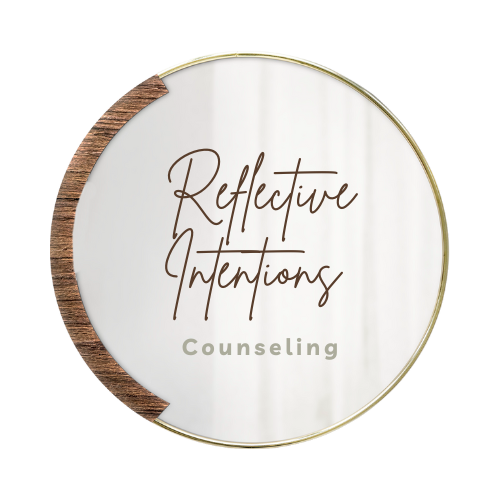
Wear Healing Well
Is it Anxiety or is it Trauma?
What is Anxiety?
Simply put, anxiety is a worry about something that might happen. Some mental health professionals might say that anxiety is a worry about things that are not likely to occur, like falling ceiling fans. And while that is most likely the case, it will not happen randomly. You might wonder, what if it has happened before? My ceiling fan has fallen before, and it broke my leg. Is it still anxiety if my worry comes from an experience?
Well, no. The symptom might be anxiety that this will happen again, but the worry that the ceiling fan might fall is not the anxiety itself. When we have lived experiences that leave a mark on us, it’s called something else. It might be a negative experience that you would rather not relive again, but if it’s getting in the way of your daily life, it’s called trauma.
What’s the difference
The difference is that when a traumatic experience has occurred, anxiety is the product. People tend to worry about horrible things happening to them again. As unpleasant as that may be, anxiety is likely to make sense because the information hasn’t been processed adaptively. Our brain hasn’t realized it’s no longer in danger just because we think about the threat. In this case, anxiety is a pretty reasonable thing to experience.
I can’t tell you how many times people call about wanting help with their anxiety only for us to dig a little deeper about why they’re having anxiety, and lo and behold, it’s not just anxiety. The anxiety is often driven by a negative experience that continues to shape their life. Back to the ceiling fan example: Having a ceiling fan fall can be scary; of course, you’d worry about it if it’s happened before. For the person who has trauma about it they may need to remove all ceiling fans from their home, they may go into a panic attack anytime they see one, refuse to sit underneath or near one to the point that they avoid places that have them. They might not concentrate on a task at hand; some might hear the ceiling fan when no ceiling fan is present. Essentially, the falling ceiling fan made such an impact that it affected the way they lived their life. At that point, it’s not just anxiety.
Now, let’s say it’s not trauma, and you’re having anxiety. It’s likely to look like this: you have the ceiling fan in your room, and you might station your bed around it so it’s not directly on top of you. You may be more mindful about stretching your arms directly underneath so you won’t hurt yourself. You might worry about it falling here and there, but you’ll likely be able to continue a task in your room without being interfered with by these thoughts.
consider….
Not every negative experience that has occurred is trauma, but if you find that everything is getting in the way of your daily experience, consider that anxiety could be a symptom or a sign that there is something you and your therapist should dig into. It’s interesting to see just how much experiences stay with us when we didn’t get the support we needed to sort out our feelings about something that happened. That being said, some people really do have anxiety and while it can be debilitating, it doesn’t necessarily mean it’s trauma. However, in my experience as a trauma counselor, when I have clients coming in wondering why they can’t just “get past something” I encourage them to ask themselves if it’s something that they can just get over. We are such a fast paced society that we don’t stop to acknowledge how harmful a situation can be and then wonder why our feelings about it show up weeks, months, and years later.
Interestingly enough, when you have a negative experience, and we will because life is lifeing lately, if we take the time to acknowledge our feelings about it, validate and understand that our feelings are meant to be here and match the experience, it’s likely not to turn into trauma because it’s been processed adaptively. If you want to know what the hell I mean by processing information adaptively, visit my page on EMDR.

